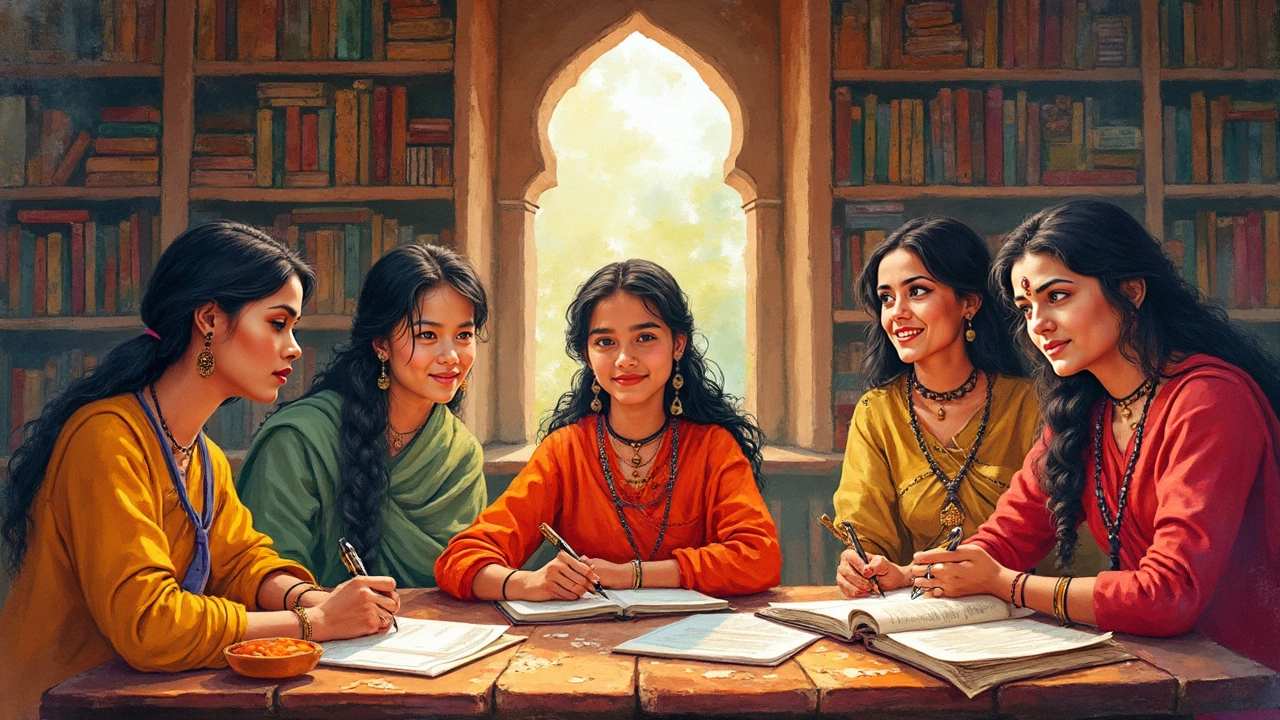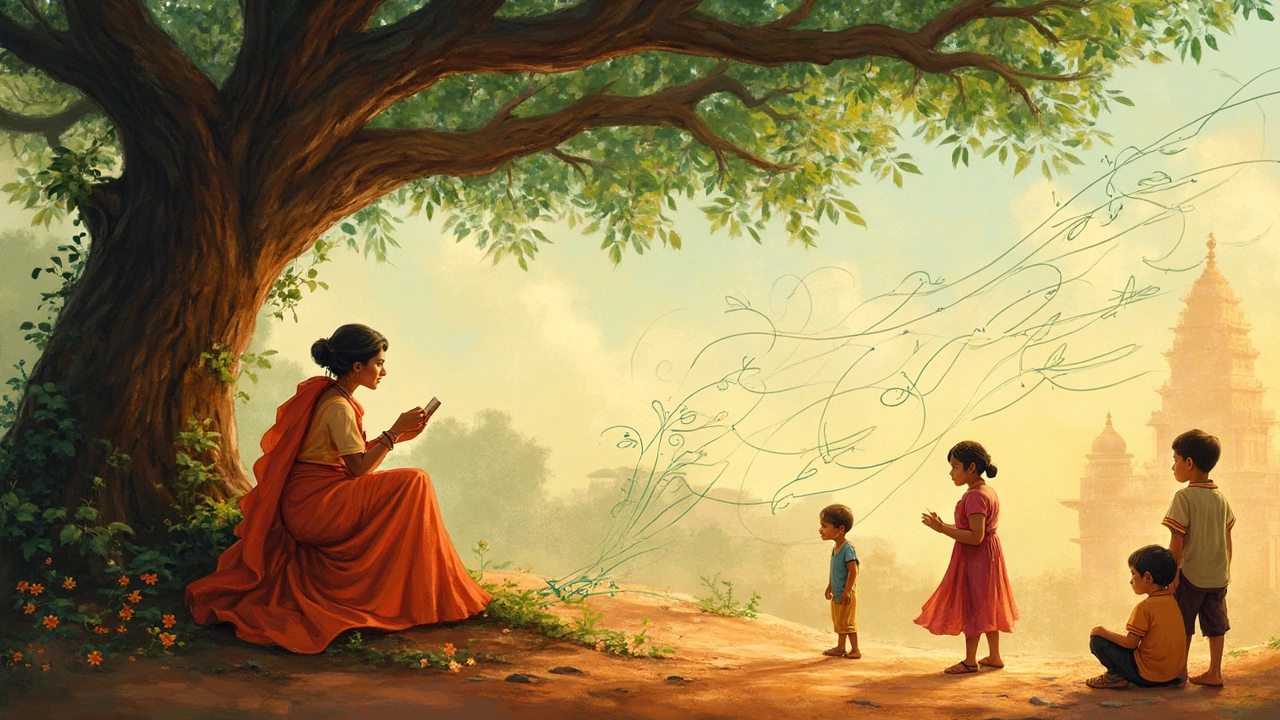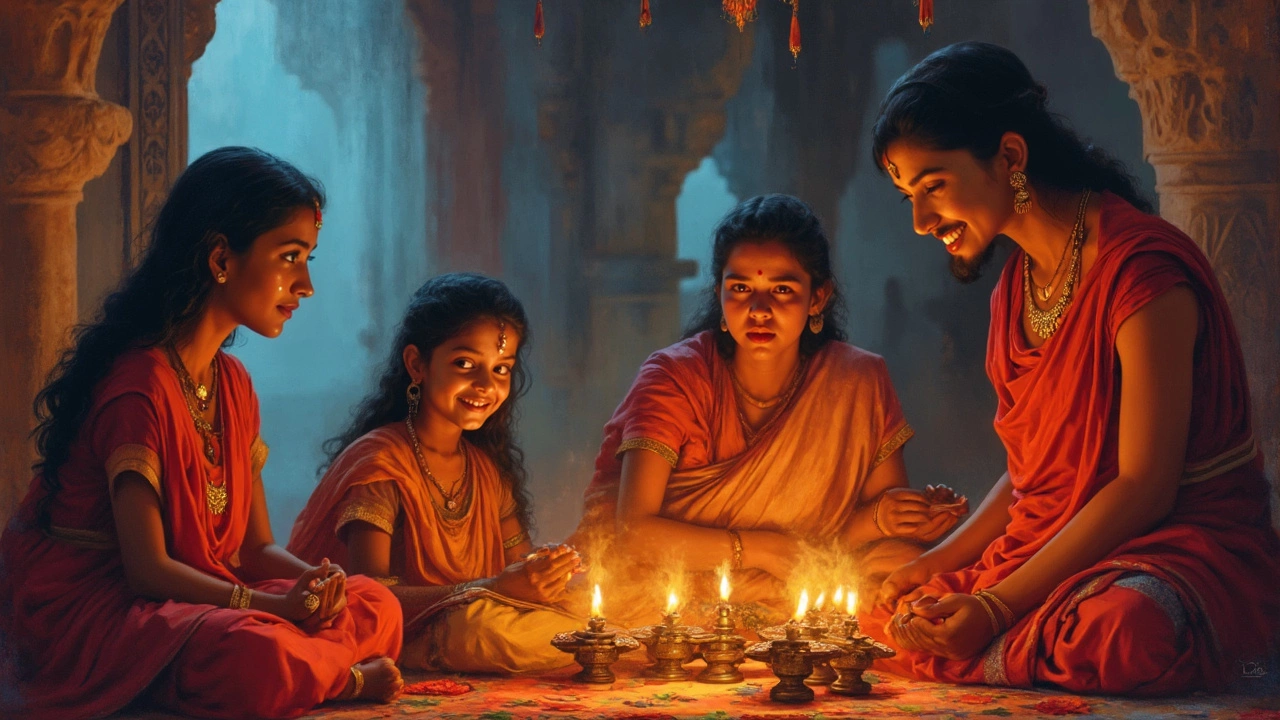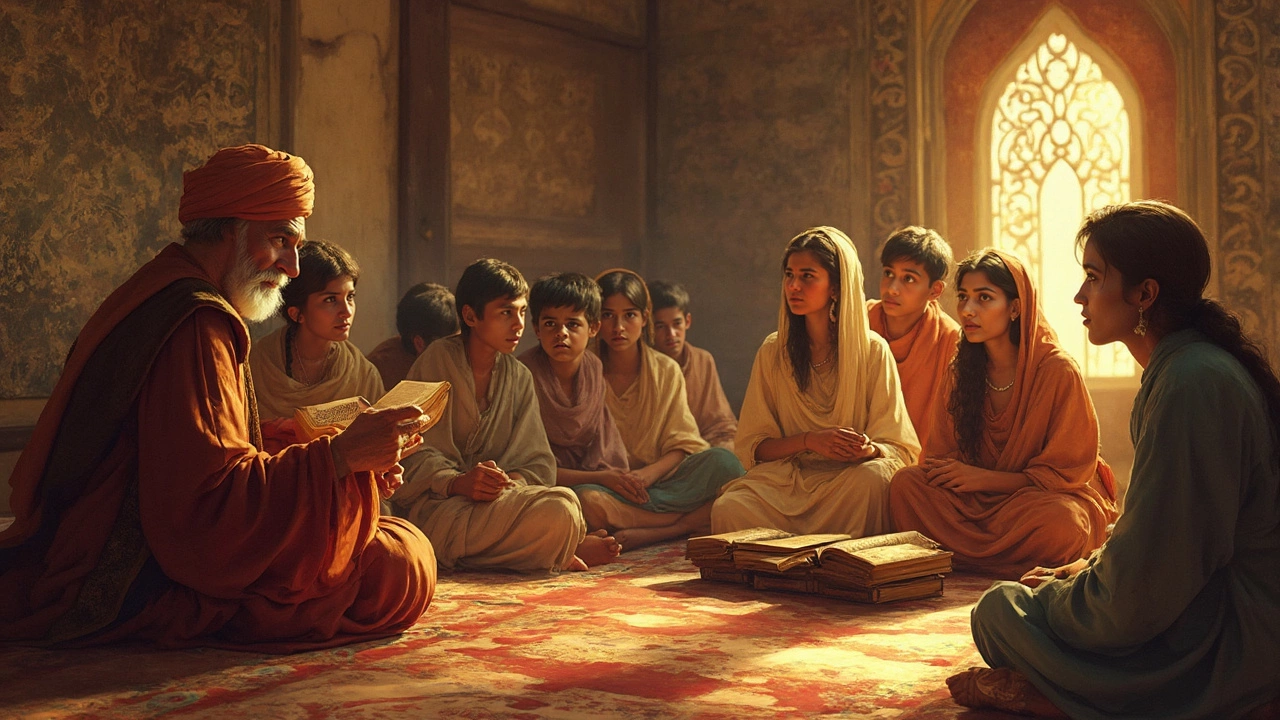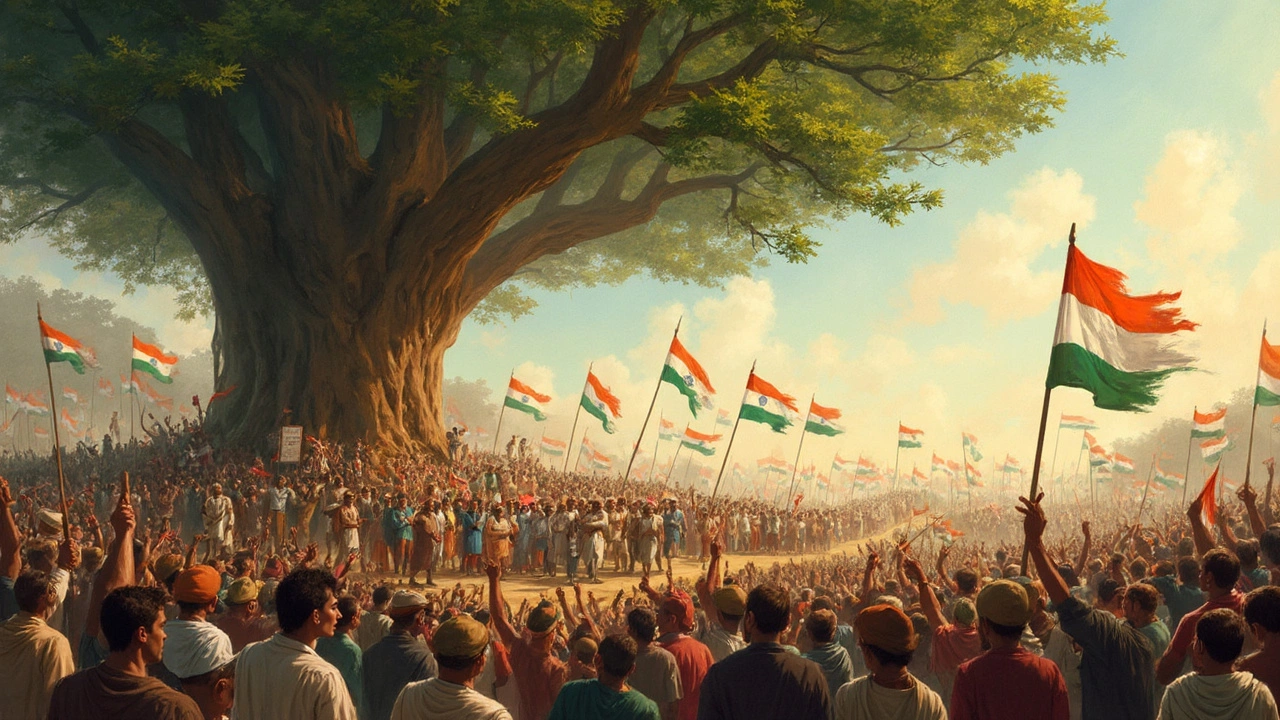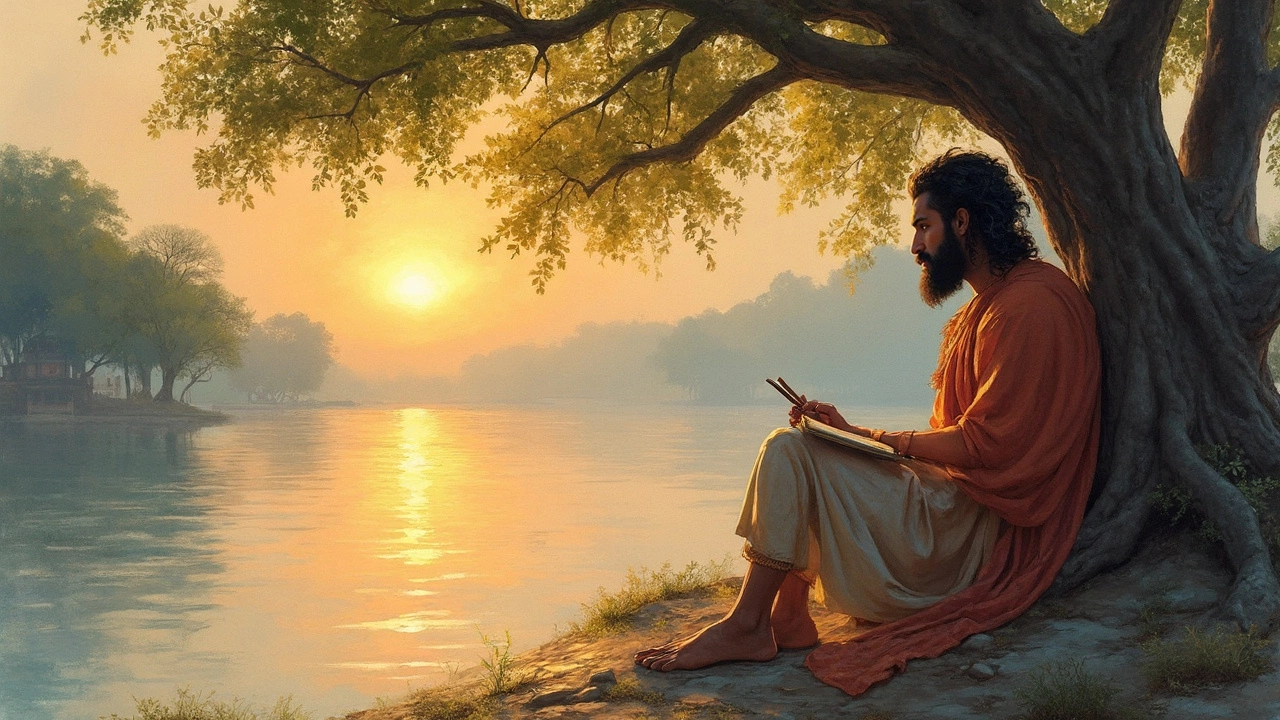Best Female Poet: A Dive into Indian Short Poetry Legends
Who takes the crown as the best female poet ever in India's short poetry scene? This article takes a close look at legendary voices, breaking down why certain poets stand out. Get quick tips on discovering more of their work and learn what makes Indian female poets truly unique. Find out how their words shaped the nation’s literary character. Whether you’re new to Indian poetry or a lifelong fan, you’ll find something refreshing here.
Read More